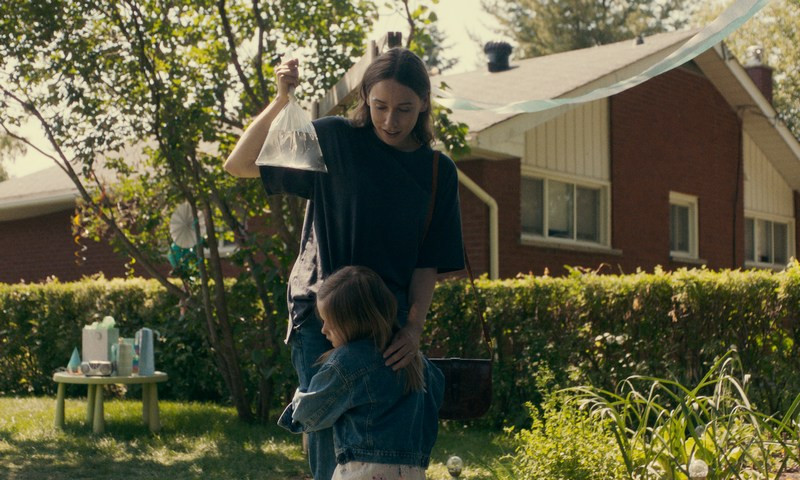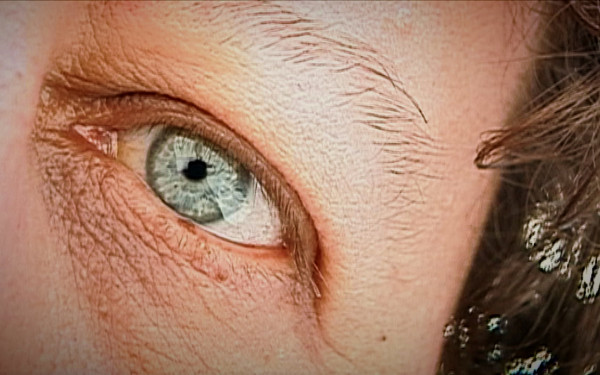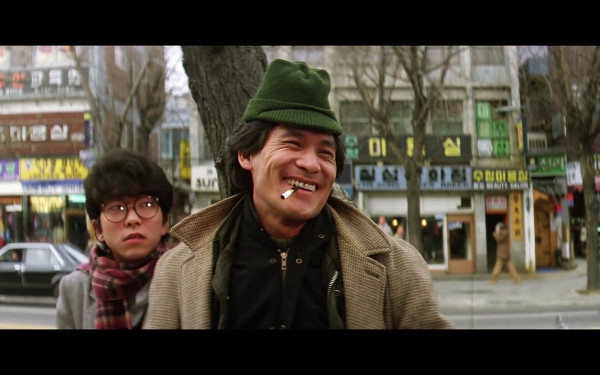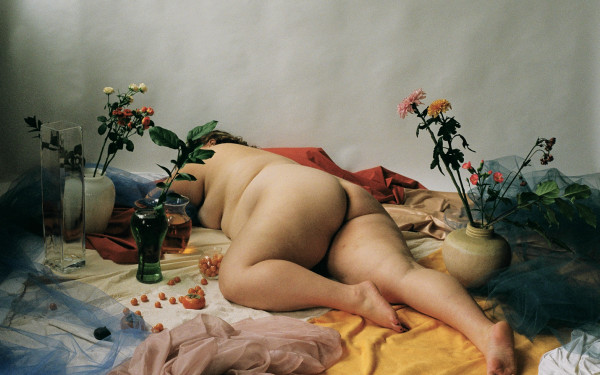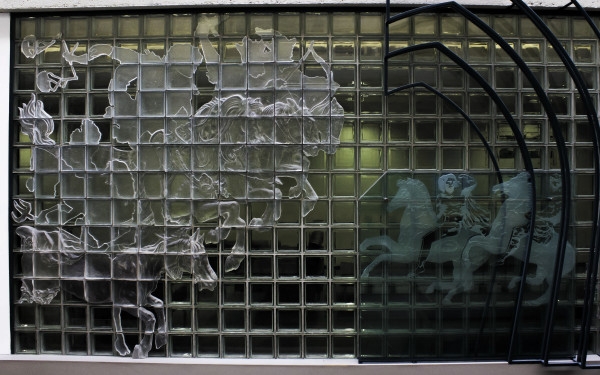Concordia graduate and filmmaker premiers ‘Like a House on Fire’
Indie Quebec films are slowly making their way back into theatres
Cinéma du Parc premiered Like a House on Fire, a Quebec-Ontario co-production directed by Concordia graduate Jesse Noah Klein, on March 26.
The plot takes place in suburban Ontario and follows Dara, a young and emotionally unstable parent, as she makes her way back into the family she left behind for two years being treated for postpartum depression. Klein draws a realistic portrait of family drama, with strong and flawed characters trying their best, but ultimately doing their worst at communicating together.
Everything from the immersive shoulder shots to the choice of natural light as the main source of lighting is set to give the constant impression that this could and does happen in any family. It would almost feel impersonal if the actors weren’t there to add uniqueness and depth to their otherwise mundane characters. Sarah Sutherland’s portrayal of Dara transmits a certain sadness through her performance. We get to see her disillusion as she discovers the void she left has been filled—in her house physically by Therese, Danny’s new pregnant girlfriend, and emotionally in her daughter’s heart, to whom she’s become a stranger.
“Family is something that changes, grows and evolves and that is something that Dara learns and ultimately comes to not just accept but rejoice in,” said Klein. Over the course of the film, Dara changes and learns and grows, and she comes to understand that trust can be built over time. Like a House on Fire is now available in video on demand on most streaming platforms.
Like a House on Fire is Klein’s third film and the first he did through the Canadian film industry. Nominated at the Toronto International Film Festival in the fall, the movie was well-received by critics. Klein, currently based in Montreal and teaching at Dawson College, is on track to a great career in indie filmmaking. Klein spoke with The Link and answered our questions.
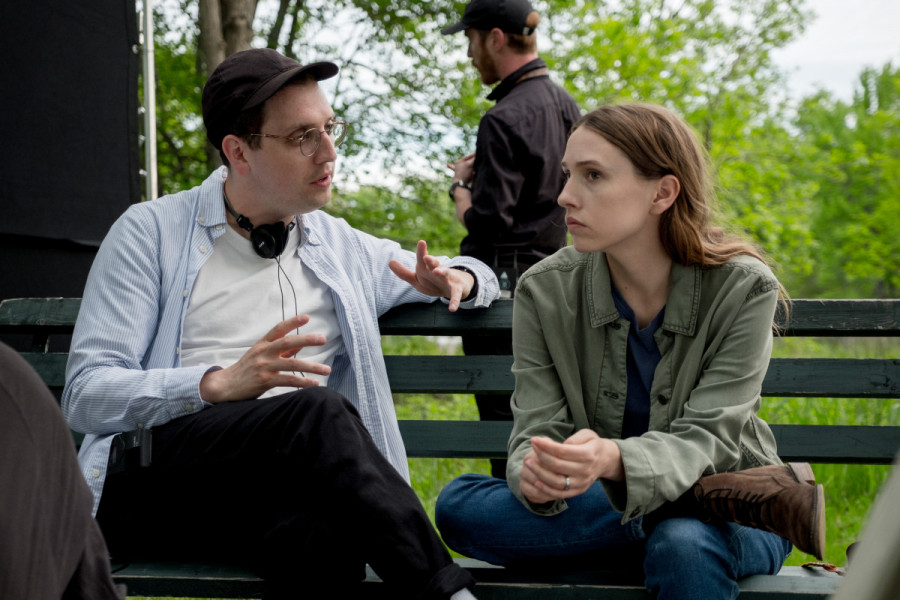
Do you keep a strong connection to Concordia as an alumnus?
I have very fond feelings for Concordia and for communications studies. It definitely started me on a path to becoming a filmmaker. I think when I began in communications studies I wasn’t quite sure if I had the confidence to commit to being a writer-director, and by the time I graduated I knew it was the path I wanted to take, and then I moved to the US to go to film school.
I lived in Austin until 2012, then I taught at a university in the United States until 2016, and I’ve been back for 5 years. I’m always happy to be available to Concordia. I've shown my last film to some classes and would be very eager to do that again.
Ultimately those questions of how we live in families and how we come to accept each other and how we learn to face our past, are absolutely themes I respond to very directly, and I think we all do. — Jesse Klein
How was it working in co-production between Ontario and Quebec?
The lead producers on this film are Quebec-based filmmakers, they’re a company run by three women called Colonelle films. They did a wonderful job on it and it was really great working with them. Early on in the process, because it’s English language I guess my producers felt it was just a good idea to do a Quebec-Ontario co-production, and there are tax incentives which bring a lot of productions up to northern Ontario, and you know for this project it just really made sense. The film has kind of a small-town feeling, it fits in the milieu up there.
The majority of the key crew we brought from Quebec, and then it was completed by the Northern Ontario crew who were also great to work with. I’m still based in Montreal, however, and it’s an English-speaking Quebec movie. I love working in French, but I’m an anglophone and I write films in English. There are films made in Quebec that are in English, and I’m one of the people who does that.
Did you take from personal experience to write about family?
I think we can look at that question on a scale of how literal we wanna take it. I was absolutely drawing from my experience, moving back to the place where you’re from, which was exactly what I was doing while I was writing the script, and other questions like suffering from certain kinds of mental illness, questions that I’m very invested in exploring in my work. Ultimately those questions of how we live in families and how we come to accept each other and how we learn to face our past, are absolutely themes I respond to very directly, and I think we all do.
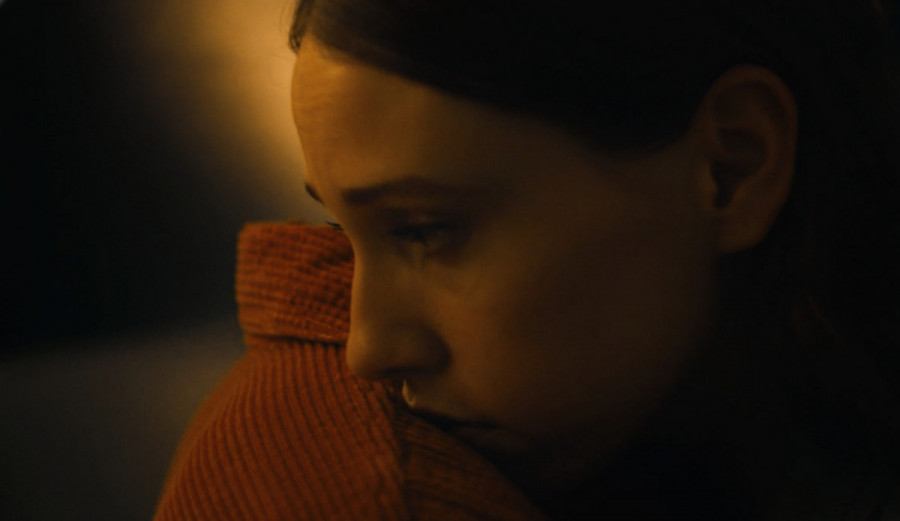
Why did you choose the mom to be the absent one where it’s usually the paternal figure that’s missing in Western culture?
This is a story that we’ve seen so often through the years from a male perspective and with a male protagonist, and this was a story I was very eager to tell because I haven’t seen this character, strong-willed but flawed female character on screen so that was ultimately one of the starting points.
How did the pandemic impact the production of the film?
We finished the film literally the week before lockdown, so the one way that we were heavily, heavily impacted was in distribution. The film played at TIFF in a sidebar called TIFF Select, but because of COVID, it was a private screening only.
What are you heading towards now?
I am writing a new film, and it’s definitely a departure and definitely, I hope, and believe, a step forward. It’s a ghost story, somewhat more leaning towards genre, more heavily atmospheric, I really enjoy writing it and I’m very excited to bring it into production soon.

